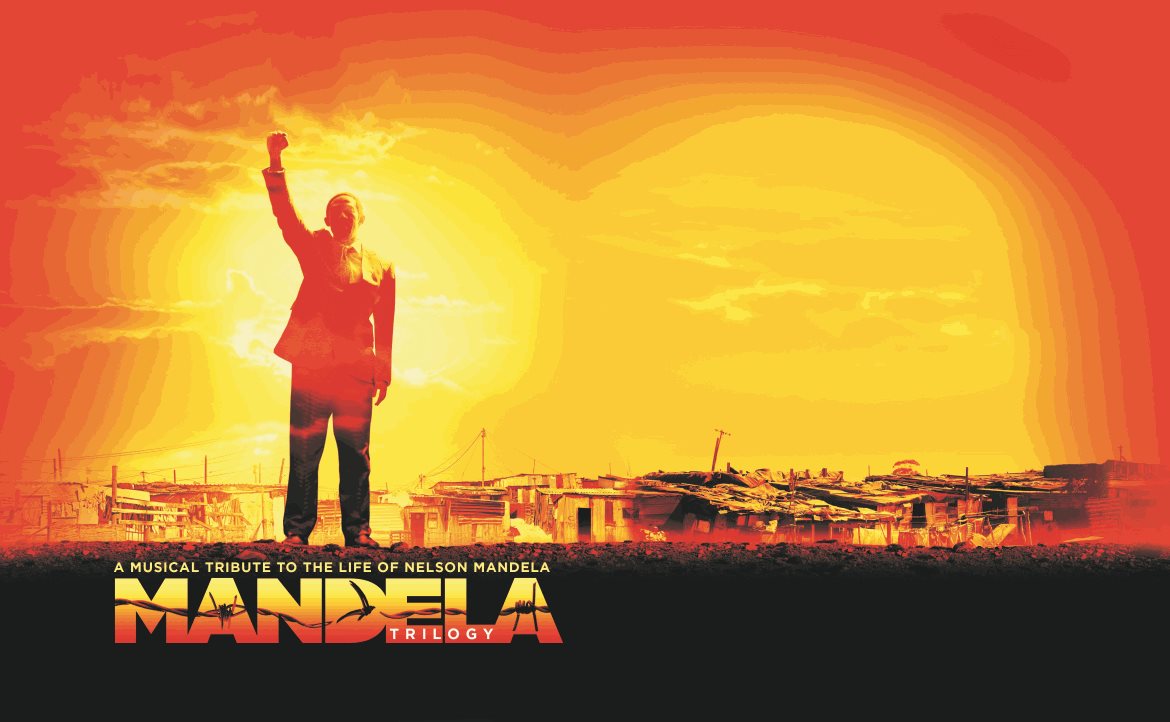Abstract
Opera as Identity-(Re)formation, Opera as Propaganda: Mandela Trilogy in Hong Kong
The figure of Nelson Mandela looms large both over South Africa as it tries to reconcile the philosophy behind Mandela’s and Desmond Tutu’s “Rainbow Nation” in the new South Africa, and globally, as a model of peaceful co-existence across racial and ethnic differences, a martyr for freedom, and perhaps most saliently, as the icon of South African nationhood. Memorialized in Peter Louis van Dijk and Mike Campbell’s 2010 opera, Mandela Trilogy, Mandela as heroic figure is unmitigated by his unstable footing in South African politics. Often criticized for promoting Communist ideals such as “a non-racial state” and “a single national identity,” Mandela’s standing among contemporary black South Africans is more complex than Mandela lets on. For the purposes of this paper, I will focus on the performance of Mandela at the 2017 World Cultures Festival (WCF) in Hong Kong as one node in a long network of cultural and economic exchanges between China and South Africa. Through examining the level of symmetry between China and South Africa and the translocal communities constituted by the presence of Mandela in Hong Kong, I will argue that China is capitalizing on Mandela as a figure of multicultural benevolence in order to encourage an adoption of Xi Jinping’s politics in South Africa. Drawing from Communist texts from China and South Africa, I will compare these ideologies in order to offer a comparison across systems in regards to how these differences played out in Mandela Trilogy’s reception. Using and critiquing Naomi André’s work on South African opera performed glocally as a site for recreating local identities and ideologies, I argue that Mandela as operatic figure in China allowed Chinese audience members to superimpose local Communist politics onto South Africa and to create transglocal communities comprised of extra-national identity formation. I will conclude by suggesting the implications of opera’s role as a site to redefine identity that, in turn, opens up possibilities for opera as propaganda.

Biography
Allison Smith is currently a PhD student in Historical Musicology at Boston University. She received a B.A. in Saxophone Performance from the University of Mary Washington in 2014, and an M.M. from the University of Massachusetts at Amherst in Historical Musicology in 2017. While her past work has focused on contemporary chamber opera in England and America, her current work focuses on contemporary South African opera, primarily in relation to race and the diaspora of South African singers who move abroad for work. She has presented such work at the University of Bayreuth in Germany, and will present such work at the South African Society for Research in Music (SASRIM) in Stellenbosch, and at the 2019 annual meeting for the American Musicological Society (AMS). Allison was granted a FLAS (Foreign Language and Area Studies) for the summer of 2019 in order to study isiXhosa in Cape Town, where she will also complete fieldwork.